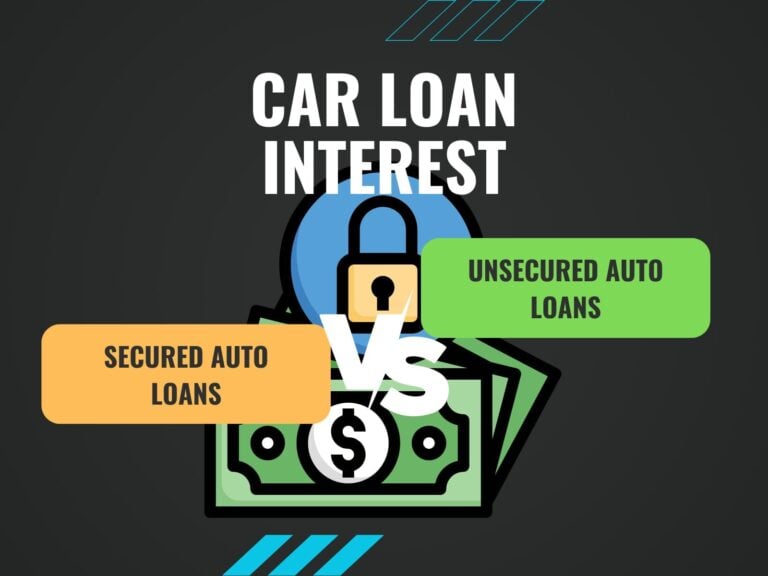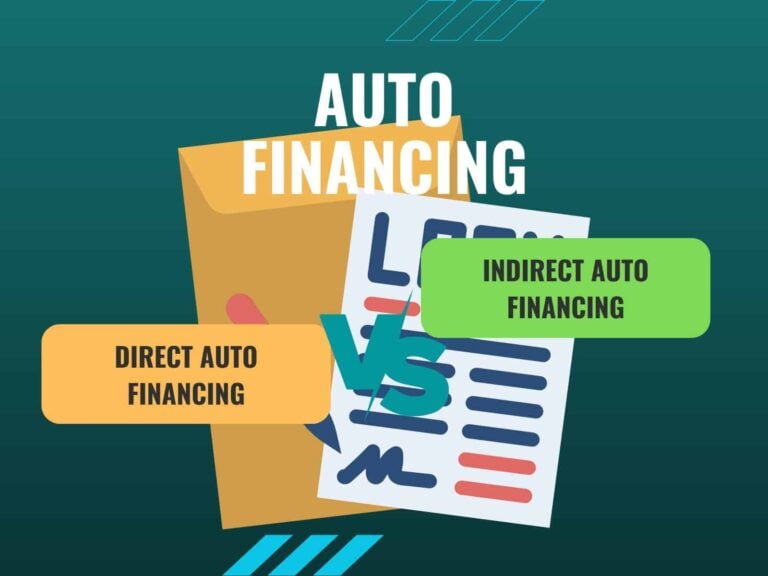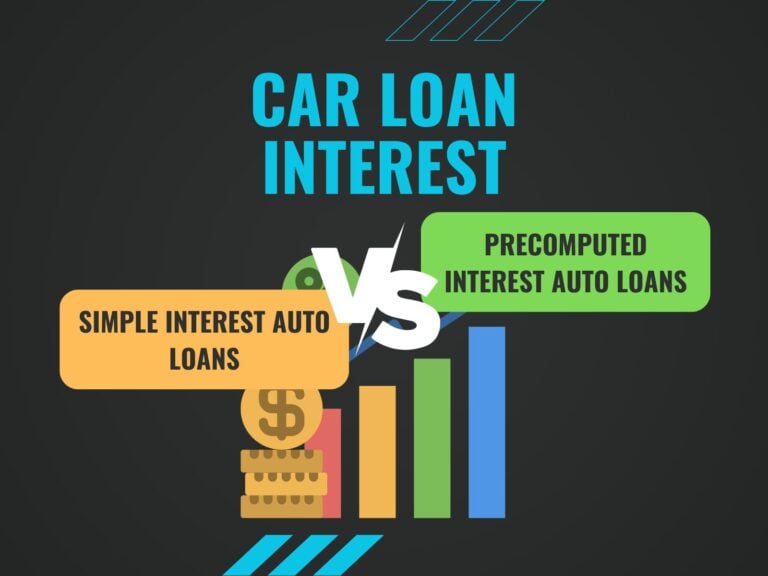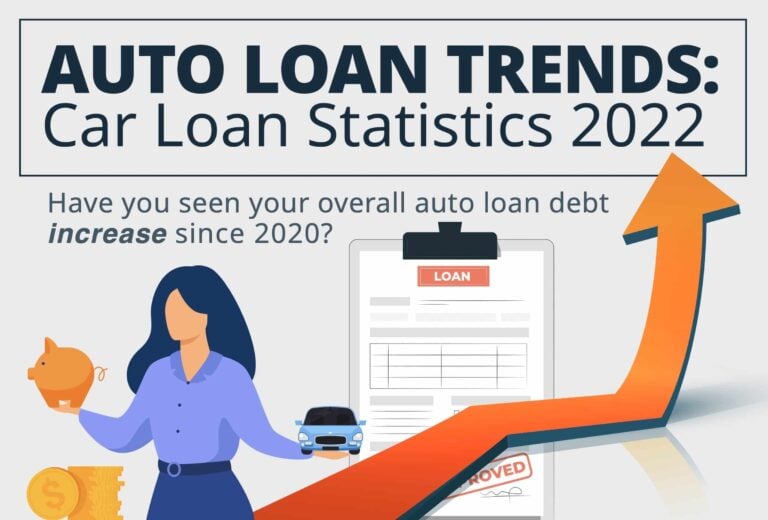Pennsylvania Debt Settlement
Pennsylvania, with approximately 12.8 million residents, ranks 5th in population within the United States while covering an area of 46,055 square miles that places it 33rd in terms of geographic size.
Pennsylvania ranks 9th nationally in population density, with 284 residents per square mile. Pennsylvania is one of the original founding thirteen colonies within the Union, dating back to 1681, in fact, originating as a result of a royal land grant to William Penn.
Pennsylvania was only the second state to ratify the U.S. Constitution, which was drafted in Independence Hall in Philadelphia, as was also the Declaration of Independence.

The Pennsylvania economy generated a gross state product of $803 billion in 2018, ranking it 6th in the nation. If Pennsylvania were a standalone country, its economy would rank as the 19th largest worldwide.
The state is home to fifty Fortune 500 companies including U.S. Steel, H.J. Heinz and PPG Industries. As of October 2019, Pennsylvania’s unemployment rate was 4.2% (compared to a national unemployment rate of 3.6%) and its 2018 median household income level of $60,985 was slightly lower than the national median household income level of $61,937.
Pennsylvania Economic and Debt Statistics
According to the Bureau of Labor Statistics, Pennsylvania’s unemployment rate stood at 4.2% as of October 2019, somewhat higher than the national unemployment rate of 3.6%.
However, Pennsylvania residents carry near the lowest average amount of credit card debt in the nation, checking in at $6,065, ranking 48th and 54% less than the national average of indebted households of $9,333.
Pennsylvania Economic and Debt Statistics
Meantime, compared with the 2019 nationwide average FICO score of 703, the typical Pennsylvania resident’s 2019 FICO score registered somewhat higher at 713, tied for nineteenth highest in the nation.
According to the St. Louis Fed, as of Q4 2018, the Pennsylvania home ownership rate checked in at 69.9%, significantly higher than the national average of 64.8%, while a recent Experian report shows average mortgage debt level for Pennsylvania residents of only $145,206, representing an increase of 1.8% compared to 2018, and ranking 35th in the nation.
The median sales price of a home in Pennsylvania during 2019 was $169,825. Regarding student loans, data compiled in 2019 by Experian indicates that average student loan debt for Pennsylvania borrowers is $34,840, slightly lower than the national average of $35,359, but 6.6% higher than in 2018 and 25.2% higher than it was in 2014.
Pennsylvania Residents and Debt Settlement
If you are a resident of Pennsylvania and are currently burdened by high levels of unsecured debt – including credit card accounts, private student loans, unpaid medical bills and personal loans – the process of pursuing debt settlement may make sense for you.
Debt settlement occurs
Though creditors are under no legal obligation to accept debt settlement offers, negotiating and paying lower amounts to settle debts is far more common than many people realize.
Pennsylvania Consumer Debt Laws
Credit Card companies and other creditors are permitted to contact Pennsylvania residents directly regarding debts, particularly in a situation involving delinquent payments.
However, debt collection agencies are required to comply with the the Federal Fair Debt Collection Practices Act (FDCPA), and are therefore prohibited from taking certain actions.
Under the FDCPA, collection agencies are prohibited from informing employers about a debt or attempting to collect a fee in excess of any debt owed. Debt collection agencies are also prohibited from communicating in a manner that simulates a judicial process or gives the appearance of a governmental action.
Additionally, debt collection agencies are prohibited from contacting debtors or debtor family members at unusual hours or with a frequency that may be reasonably construed under the law as harassment or abuse.
Additionally, Pennsylvania’s Fair Credit Extension Uniformity Act regulates the debt collection activities of debt collectors and creditors in Pennsylvania and protects consumers from abusive or overreaching debt collection practices by debt collectors and debt collection agencies.
The FDCPA and Pennsylvania Fair Credit Extension Uniformity Act Act cover consumer debts used primarily for personal, family or household purposes, such as credit cards, auto loans, utility bills, medical bills, mortgages and in some instances, student loans.
Debts owed to a government agency, such as taxes, child support and unpaid parking tickets, are not covered under these consumer protection laws. The Fair Credit Extension Uniformity Act covers only the collection of consumer debt and does not apply to debts for business, investment, commercial or agricultural purposes.


Pennsylvania Statute of Limitations on Debt Collection
When sufficient time passes in a situation in which consumer debts have gone unpaid, a debt collector can lose the legal right to sue for non-payment. In Pennsylvania, the statute of limitations on debt collection is four years for written contracts, oral contracts, promissory notes and open-end accounts.
This covers most types of debt, including credit cards, medical bills and personal loans. The statute of limitations clock begins ticking from the “date of default,” which is typically thirty days after the last payment was actually made.
When debts remain unpaid prior to the statute time period elapsing in full, creditors maintain legal right to sue for non-payment and are permitted to engage debt collection agencies who can make persistent attempts at collection – provided they remain within the bounds of the FDCPA and the Fair Credit Extension Uniformity Act.
Debt Settlement - Do It Yourself?
Getting out of debt is never an easy process. If debt settlement is the right avenue for you to pursue, be honest with yourself. Decide whether you possess the background, strength and fortitude to negotiate directly with creditors yourself – or whether engaging the services of an experienced and reputable debt settlement company will serve your needs best.
Remember, the goal is to save the greatest amount of money and time while minimizing any ensuing damage to your credit score and profile. A reputable debt settlement company will provide a realistic estimate and time frame for making offers to your creditors that can ultimately result in settlements that save you significant amounts of money, time, and aggravation.
Contact us here at United Settlement, where our experienced credit counselors possess relationships with the major credit card lenders and a broad understanding of the debt marketplace. We can help you navigate these waters successfully.
Debt Resources & Additional Reading
Pennsylvania Debt Settlement FAQs
Pennsylvania state law includes a “filial responsibility” statute that provides that a child who has “sufficient financial ability” can be held responsible for the debt of a parent who is unable to pay the debts themselves.
Additional Related Insights & Articles







Debt Relief Reviews

Ready To Get Started?
See if you qualify for debt relief. Get a Free savings estimate to see how quickly you can be debt free.
Embrace financial freedom with our tailored solutions, expert guidance, and unwavering commitment to your success.
Experienced Professionals
Our experienced team has helped thousands of clients successfully eliminate debt and regain financial freedom.
Customized Solutions
We know every financial situation is different, so we design personalized debt relief plans to fit your specific needs and goals.
High Success Rate
Our proven debt relief strategies deliver real results. With a strong track record of success, we help clients achieve lasting financial stability.
Confidential Consultation
Your privacy is our priority. All debt relief consultations are 100% confidential and handled with the highest level of discretion.



